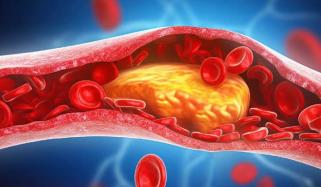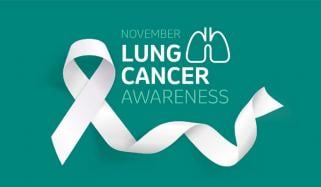
A recent study revealed that expedited ageing appears to be associated with a higher risk of dementia and stroke.
According to research published in the journal Neurology, shorter telomere length in an individual’ white blood cells is linked to the two neurodegenerative disorders.
Researchers mentioned that they couldn't find any association in individuals with healthy lifestyle habits.
Telomeres are protective caps at the ends of chromosomes that shorten the division of every cell. Their length reflects biological age, which may differ from chronological age.
For this study, researchers assessed genetic data for more than 356,000 participants in UK Biobank, England, Scotland and Wales.
During an average seven years of follow-up, up to 26,000 participants developed at least one of these three age-related neurological disorders.
Expedited biological ageing linked to dementia, stroke risk, study
Individuals having the shortest telomeres reported 5.8 cases of the three brain diseases per 1,000 person-years, then 3.9 cases per 1,000 for people having the longest telomeres.
Results indicated that individuals having short telomeres were at an 11% higher risk of developing one of the brain diseases. With 8% higher chances of stroke, 19% of dementia, and 14% for developing dementia at an older age.
However, people with short telomeres didn’t have an increased risk if they made healthier lifestyle choices, like eating a good diet and exercising regularly, researchers found.
“These results suggest that healthy lifestyle behaviours could delay the ageing of our cells and reduce the frequency of these diseases, especially in people who are at greater risk,” senior researcher and an associate professor of neurology at Harvard Medical School, Dr. Christopher Anderson stated.
Researchers stressed over the need for further study as it doesn’t show a direct cause-and-effect association between telomere length and brain health.












